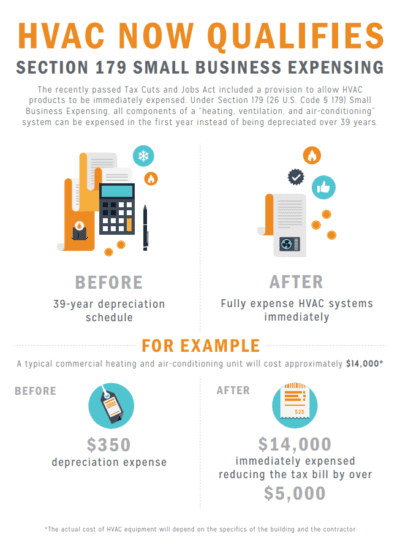When choosing between air source and ground source heat pumps, you might find yourself weighing aspects like efficiency, price, and ecological effect. Each choice uses distinct advantages, yet which one aligns ideal with your requirements and priorities? As you check out the differences between these 2 kinds of heatpump, you'll reveal crucial understandings that can guide you in the direction of making a notified decision that fits your unique conditions. Remain tuned for a deeper dive into the subtleties of air resource versus ground resource heat pumps to help you browse this essential choice.
Effectiveness and Performance Contrast
When comparing air resource and ground resource heatpump for effectiveness and performance, it's necessary to take into consideration exactly how each system runs in numerous problems. Air resource heat pumps draw out warm from the outside air, making them a lot more at risk to fluctuations in temperature. This implies they could be less efficient in incredibly cold climates.
On the other hand, ground source heat pumps use steady underground temperatures for heat exchange, supplying even more regular efficiency despite exterior weather. Ground source heat pumps are commonly extra energy-efficient in the long run due to the stable warm source underground. Additionally, ground source heatpump have a tendency to have a longer life-span contrasted to air source heat pumps, which might influence lasting efficiency and maintenance expenses.
Cost Analysis: Installation and Upkeep
For an extensive contrast in between air resource and ground resource heatpump, it's crucial to examine the costs related to their setup and maintenance. heat pump installer have lower upfront installation prices contrasted to ground source heat pumps. just click the following internet site of air resource heatpump includes much less complex excavation and drilling, making it an extra budget-friendly option for several property owners.
Nevertheless, ground source heat pumps are understood for their greater efficiency, which can lead to lower long-lasting power expenses, possibly offsetting the initial setup costs over time.
When it comes to maintenance costs, air resource heatpump are generally much easier and more economical to maintain compared to ground resource heat pumps. Ground source heat pumps need periodic examine the underground loophole system, which can sustain extra upkeep expenses.
On the other hand, air source heat pumps normally need basic filter changes and occasional professional assessments, maintaining upkeep expenses fairly reduced.
Think about local guide program and lasting upkeep costs when deciding between air source and ground source heat pumps to figure out which option straightens ideal with your budget and needs.
Environmental Influence Evaluation
Evaluating the environmental influence of air resource and ground source heat pumps is necessary in comprehending their sustainability.
Air resource heat pumps require electrical power to operate, which can lead to enhanced carbon exhausts if the power originates from fossil fuels. On the other hand, ground source heatpump utilize the steady temperature of the ground to warm and cool your home, leading to lower power consumption and minimized greenhouse gas exhausts.
The setup of both types of heat pumps involves some level of ecological effect, such as the use of cooling agents in air source heat pumps or the excavation required for ground loopholes in ground source heat pumps. However, ground resource heatpump have a longer lifespan and greater effectiveness, making them a more eco-friendly option in the future.
Verdict
When determining between air source and ground source heatpump, consider your environment, budget plan, and environmental goals. Air source heatpump are much more cost-effective upfront, but ground resource heatpump provide higher performance and long-term cost savings. Select the alternative that aligns with your top priorities and demands for a comfortable and lasting heating solution.
